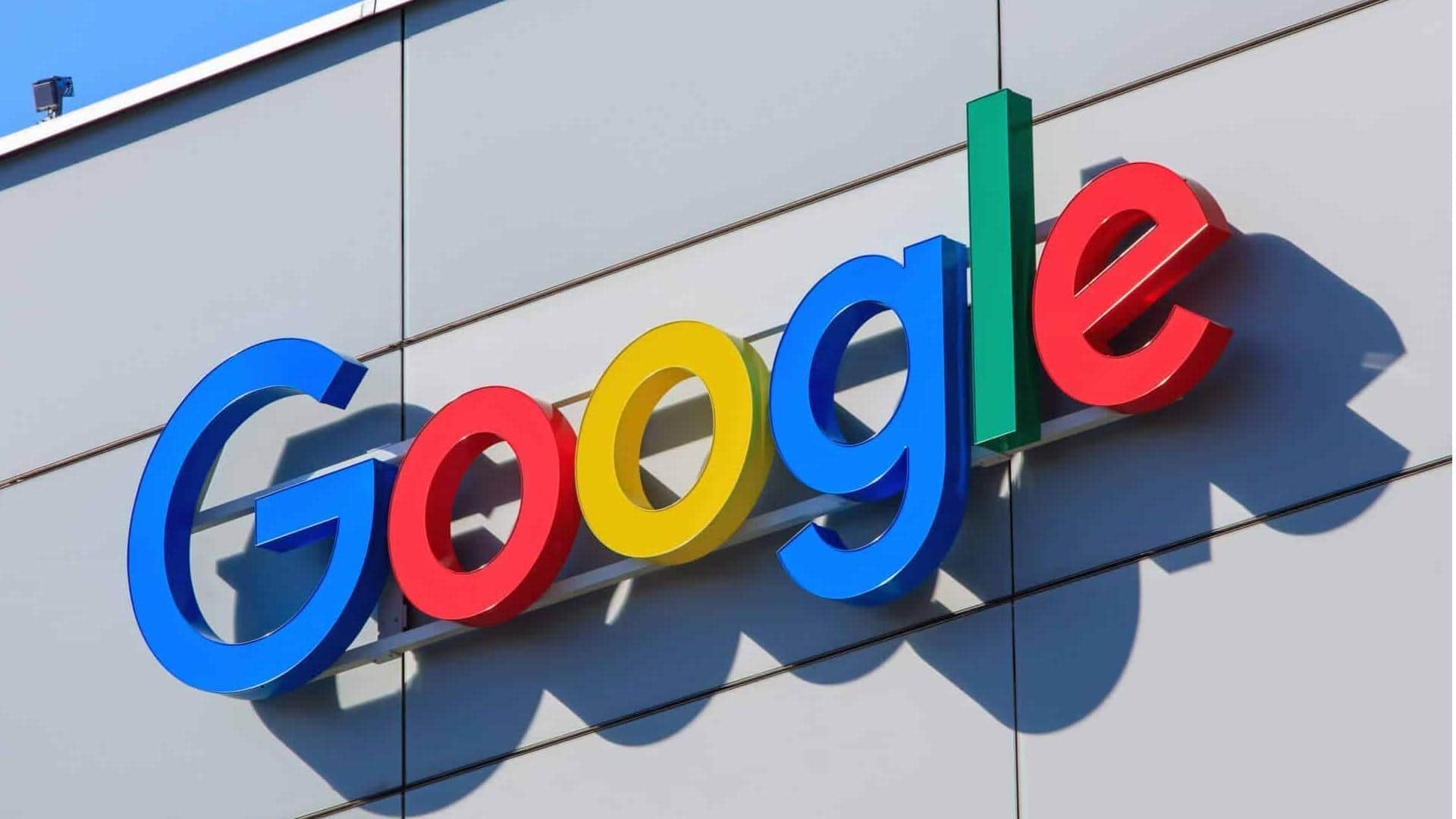
UK watchdog launches antitrust probe into Google's search dominance
What's the story
The UK's antitrust regulator, the Competition and Markets Authority (CMA), has launched its first official investigation for 2025. The probe centers on Google's market dominance in search, including its recent advancements in AI search and its massive search advertising business. The CMA hopes to find potential solutions that could improve competition in this space.
Investigation details
CMA's new rules and public participation
This investigation is the first of two that the CMA plans to conduct into Big Tech this January, under its newly implemented rules. The public has been given until February 3 to respond to the investigation. CMA Chief Executive Sarah Cardell stressed the importance of ensuring fair competition in search services and advertising sectors, given their widespread use by UK citizens and businesses.
Market share
Google's market dominance under scrutiny
Google Search accounts for more than 90% of all general search queries in the UK, while over 200,000 businesses use its platform for advertising. The CMA is also considering whether to designate Google's search business as having "strategic market status" (SMS). If approved, this would allow the CMA to impose conduct requirements or recommend pro-competition interventions for the benefit of UK consumers and businesses.
Investigation focus
CMA to examine Google's competitive practices
The CMA's investigation will mainly revolve around three aspects. First, it will evaluate if Google is building "weak competition and barriers to entry and innovation in search." Second, it will look into if Google is giving preference to its own services in areas such as advertising and AI. Finally, the authority will see if Google is harvesting massive consumer data without informed consent.
Possible repercussions
Potential outcomes of the antitrust investigation
The worst case scenario of the probe could be business break-up proposals, like the ones witnessed in the US. Other solutions could include opening up search results to rivals, separating where its search engine is integrated, or giving other parties access to the advertising part of the results. The CMA noted that "effective competition could keep down the costs of search advertising, equivalent to nearly £500 per household per year, in turn lowering prices across the economy."